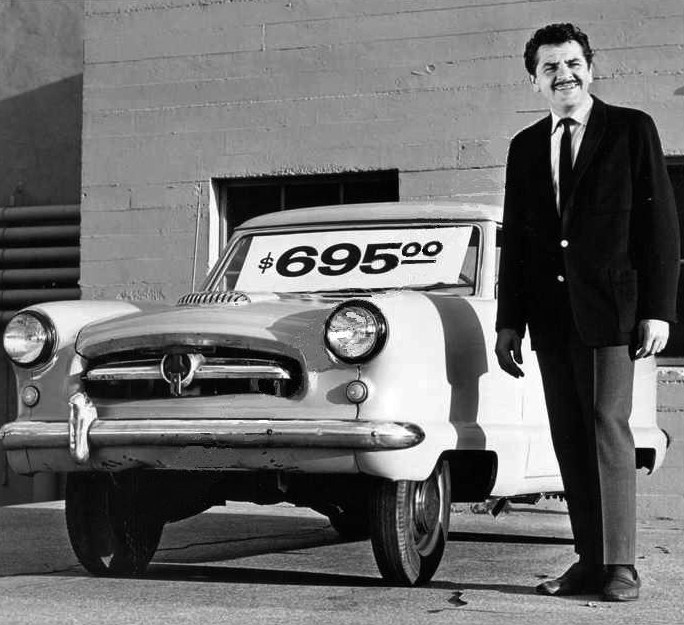Posted on 9/15/2016

Buying a used car is somewhat less of a crapshoot than it was at one time. You can get detailed information on a vehicle's history via the CARFAX report, and a technician can use onboard diagnostics to get a good picture of what's going on under the hood and what problems might be coming up. It's always a good idea to get a mechanic to look over any prospective purchase, but there are things you can get a look at yourself before you spend the money for a professional inspection. These are things which will give you a pretty good idea of the kind of use and maintenance a vehicle has seen before you got it. -- Put your head against a fender and sight down the side of the vehicle with one eye. Look out for ripples or irregularities in the sheet metal which could point to a collision and body work. Look closely for mismatched paint on body panels, or paint which has an orange-peel texture. -- Closely look at the carpeting, upholstery, and pedals. The condition of these can t ... read more
Posted on 3/17/2016

Often, drivers are mystified by how their cars actually work. It’s to be expected. Even an older car is a complex machine with many sub-assemblies that all work together to move it down the road.As a result, drivers tend to be a little intimidated by auto repair and often tend to not inform themselves by asking the necessary questions of a tech or a garage. Too often, that ends up being a big mistake. Here are some examples of the kinds of things you really should know before any auto repair work starts: Does your shop work on any kind of vehicle? Of course, most shops can service a product from GM, Ford, Chrysler, Nissan, Toyota and the other leading makes. Some makes, however, require a lot more training and experience, or even factory certifications. Vehicles from Mercedes-Benz, Volvo, BMW and certain other makes often require specialized tools and training; that’s why many towns have repair shops that are for specific makes of vehicles. What kind of equipment does your ... read more